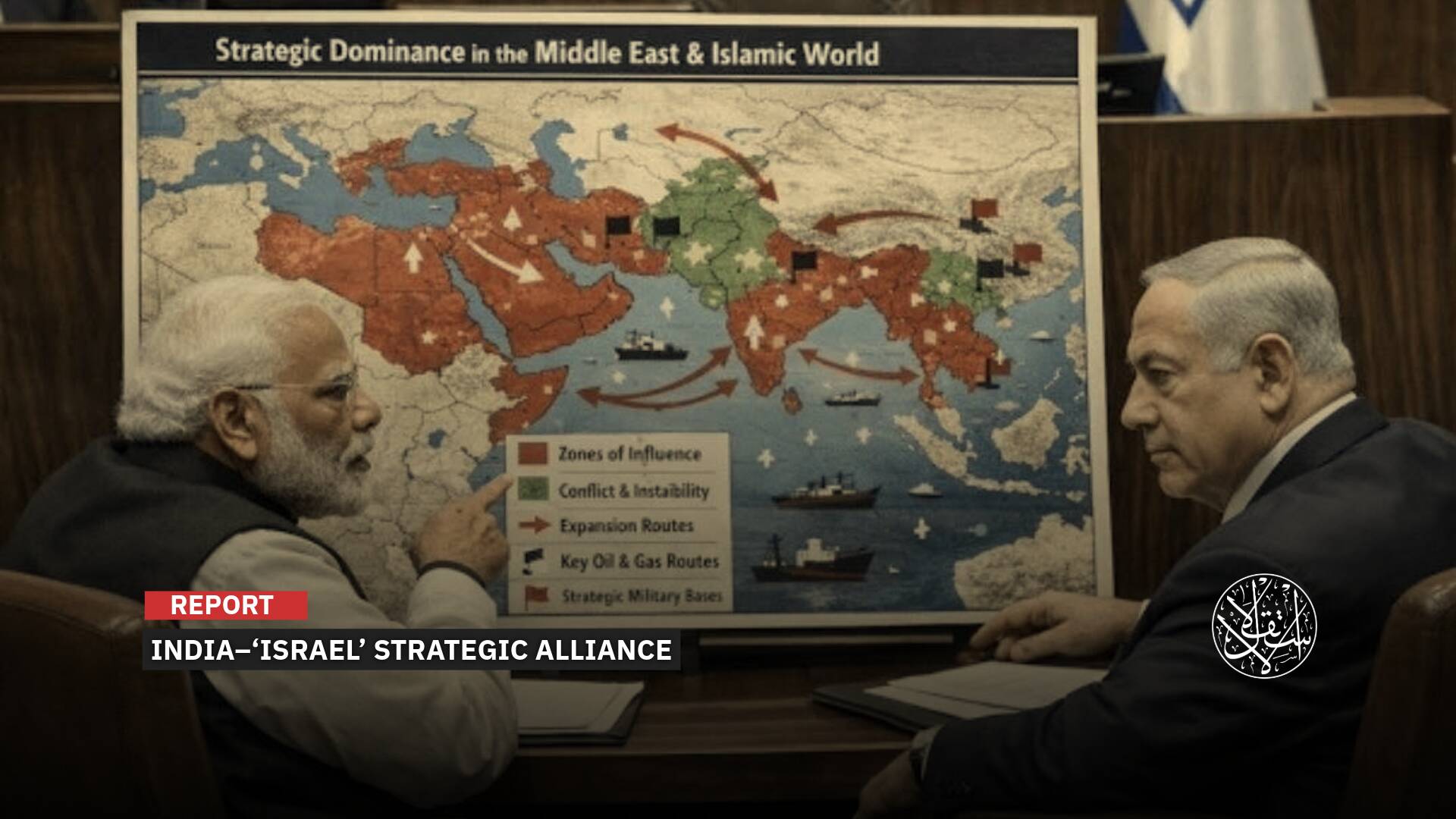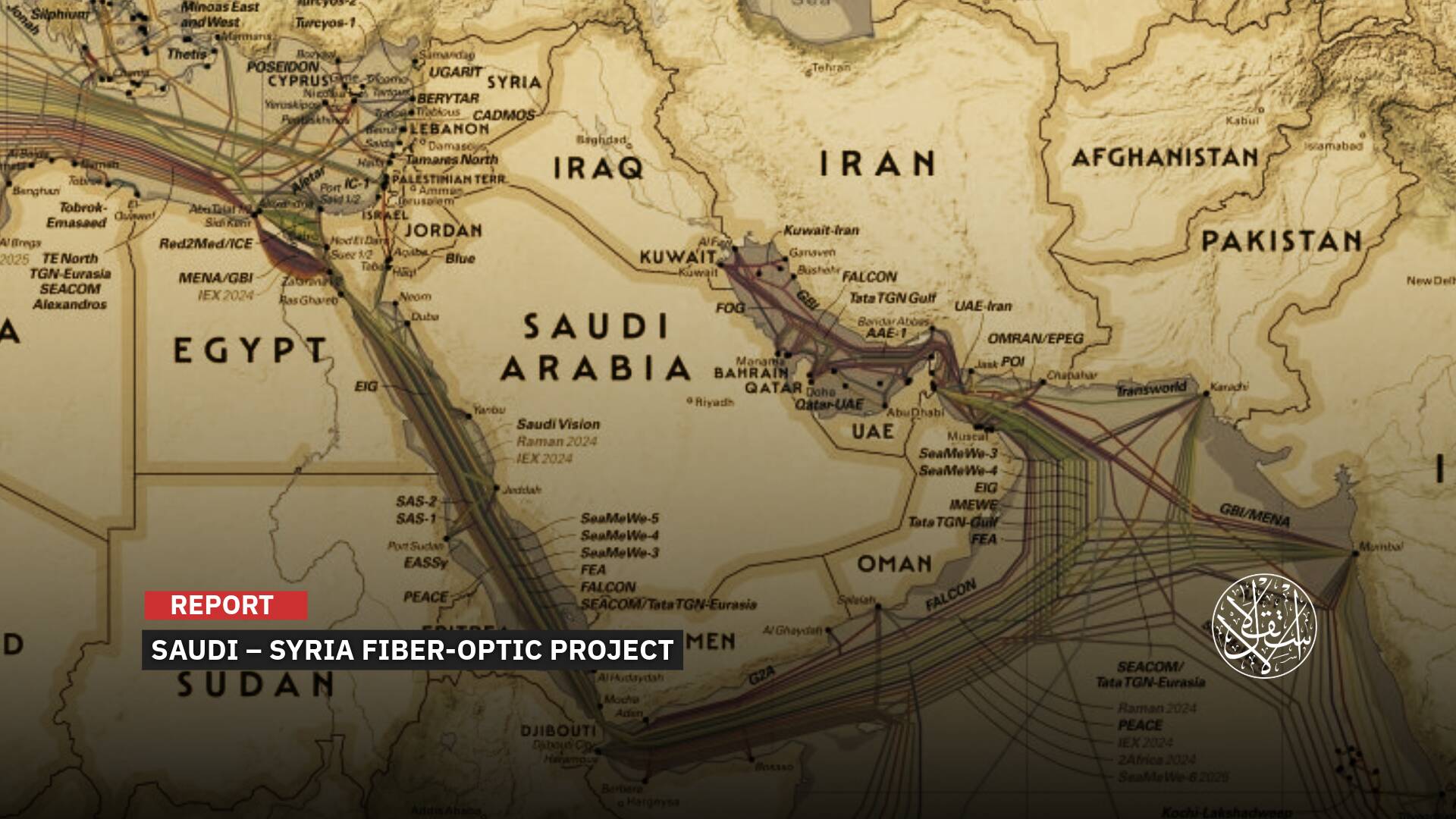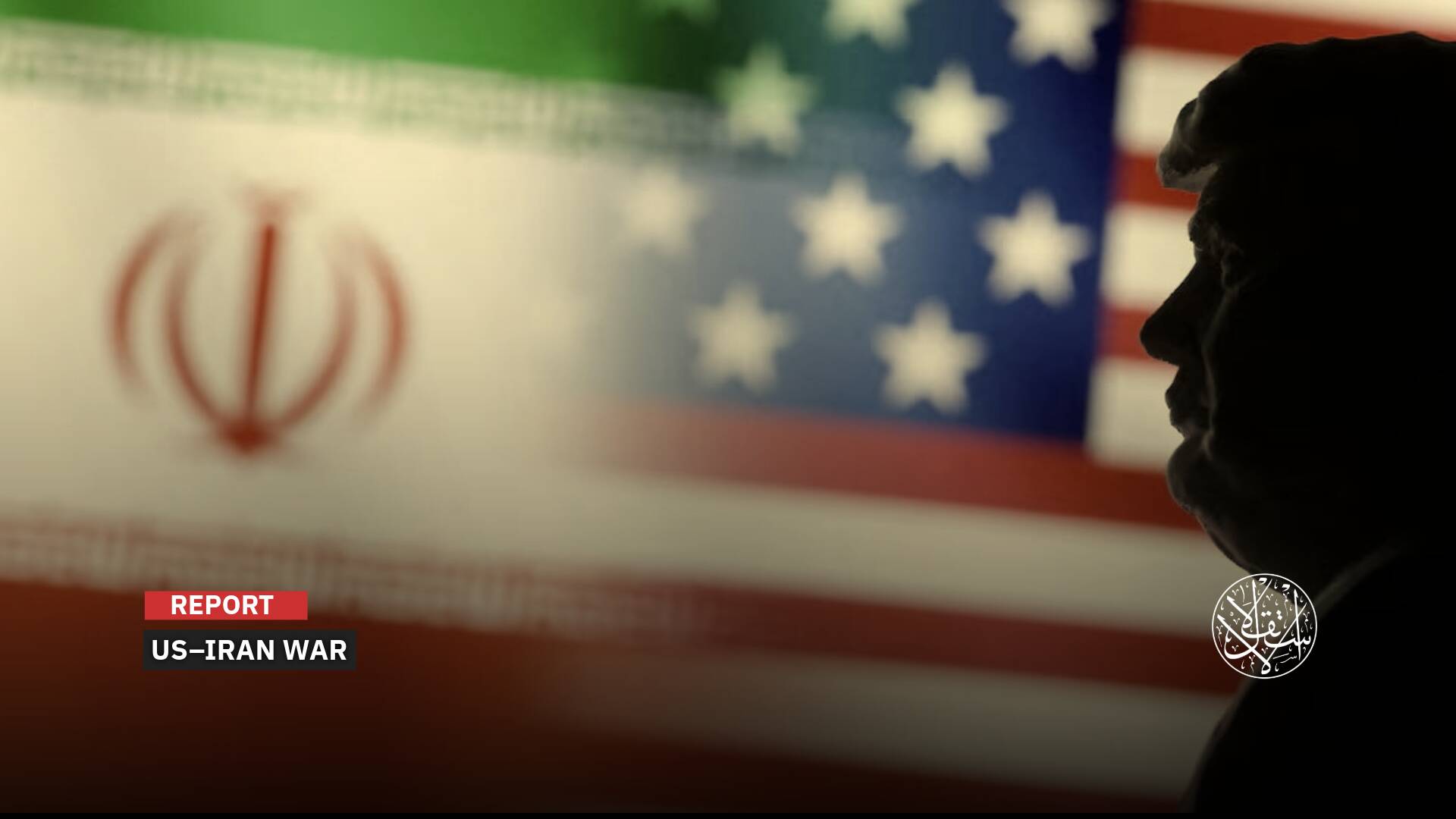Amid Greece’s Losses Internally and Externally, Why Does Washington Continue Arming It Despite Its Adequacy?

A Turkish study center saw that the United States' statement not to support the EastMed pipeline project was shocking to Greece, although it knows that it is difficult to implement this project in any way.
On January 14, 2022, the US State Department said it was no longer prioritizing the EastMed pipeline project to transport natural gas to Europe, which was signed by Greek-Cyprus, Greece and "Israel" in the capital, Athens, in January 2019.
The Foreign Ministry added, through one of its officials, in response to a question during a press conference, that it has begun to give priority to projects based on renewable energy and electricity in the eastern Mediterranean.
Greek Shock
The Ankara Center for Policy and Crisis Studies explained in an article by writer Gozde Kilic Yashin: “It is impossible to build a pipeline this long under the sea, also, the amount of gas discovered in that area is not worth it.”
It is also known that the United States established a company in New York to unilaterally manage the natural gas fields in the region, other than those belonging to "Israel" and Egypt.
In addition, the establishment of a liquefied gas filling facility in the Greek city of Alexandroupolis by the United States is an indication that the gas will be transported by ship and not via pipelines.
Given all this, it was clear that the work to establish a pipeline in the eastern Mediterranean was nothing but a prelude to the development of military alliances with the countries of the region, according to the writer.
“As for the shock that Greece suffers from as a result of the US moves, it is not new,” she added.
After all, the failure of the United States to come up with a pro-Greek statement against Turkey made Athens feel deceived.
Prior to that, Greece was under pressure from the United States to sign agreements with Egypt and Italy, contrary to its expectations and approaches.
“The same thing happened when Greece was forced to sign an agreement with Macedonia,” Yashin continued.
Indeed, Washington has revealed its long-term intentions and plans for the Balkans, with its great interest in signing an agreement between Greece and Macedonia.
It turns out that the United States opened the Balkan locks with this agreement, according to the writer's assessment.
“The Washington administration considers this agreement a guarantor of its investments in its relations with Athens,” she explained.
In other words, the United States is measuring how far Greece will go to meet its expectations of backing off its demands from Macedonia, that is, it was just a test and Athena successfully passed it.
Greece ceded its demands in many cases, swallowed its objections, showed its loyalty to the United States, and did not expect Washington to reward it with a move that would upset the balance between it and Turkey.

Exorbitant Prices
“American weapons found their way to Greece until the latter turned into a military base for Washington, questions arose about the reason for this armament and against whom?” Yashin said.
It is noted that there is no threat to Greece, neither from its neighbors (Turkey, Bulgaria, Albania, and Kosovo) nor from Russia, but its transformation into a large store of weapons, even more than the number of its soldiers, necessitates that we reconsider the global picture, the writer stressed.
It notes that new governments in the Balkans are making decisions that will benefit the United States, even if they are against the European Union or against its national interests.
“In this, the Balkan countries were forced to conclude many agreements, and the United States was the one who arranged for each of them,” she continued.
While EU countries, especially Germany, expressed their dissatisfaction with some of these agreements and tried to prevent them; they agreed to others reluctantly.
As a whole, the European Union did not support Washington's plan on the Balkans.
In this regard, it is clear that Germany and the UK do not support the US position on developments in the Eastern Mediterranean either, said the writer.
Germany is not satisfied with Greece turning into an American base, especially since the European Union has not fulfilled its promise to grant Macedonia membership.
On its part, Greece paid the price once again by accepting a maritime border demarcation agreement with Egypt and Italy, imposed by the United States for the crisis in the eastern Mediterranean.
Currently, Greece is still paying one price after another, retreating from its positions and relinquishing its national demands, in the hope of remaining in the orbit of the United States.
“In fact, it is noticeable that these prices that it pays in order to become a strategic partner of the United States, put Greece in isolation within the European Union,” the writer noted.
In contrast to the small gains made by some segments in Greece, there is no explanation as to why Athens was armed, especially since it puts such a heavy burden on the country's economy.

Wide Maneuver
According to the writer, the United States sees two main pillars to enable it to maintain its global position: Europe and the Asia-Pacific region.
Therefore, the United States needs to make sure that its European standing is proven, to be able to move in order to strengthen its influence in the Asia-Pacific region.
However, it is clear that the hostility of China has not achieved a result, Washington did not receive the support it expected from the European Union in the matter of confronting Russia and taking over the management of the eastern Mediterranean, according to the writer.
For this reason, the United States began to establish its bases in Europe, starting with the Balkans, in the hope of ending the anti-US atmosphere that began to pervade Europe.
In this context, it can be said that the United States wants to achieve two goals: Consolidating its former influence and strength in the European Union and NATO, and cutting off connections between Europe, led by Germany, and Russia.
“For the United States, the Asia-Pacific region, in which China is based, is a more important target. It sees China and its rise as a major threat to it,” Yashin explained.
Especially since Beijing is expanding towards Europe with its investments and loans, at a time when the United States cannot have a large and sufficient presence in the Asia-Pacific region.
“The United States is carrying out what can be called an operation, while diverting Europe's attention to the Russian threat,” she said.
The United States will be in a weak position against China unless it makes sure that the European countries are on its side, it destroys relations between Russia and Europe and re-establishes its influence in Europe.

Yashin concluded by saying: “Looking at the final picture, it can be said that Greece accepted the burden of debt for armaments, assuming that it would receive US support against Turkey.”
However, it is noticeable that armaments and debt did not bring the desired results for Greece, on top of that, it continues to bear political debts rather than receive support in any crisis.
In sum, Greece did not get anything it expected in return for its concessions to its national interests and demands.
In the end, it turned out that Greece was nothing more than a pawn in US policy to obtain concessions from Europe and re-establish its influence in the European Union, according to the writer.












